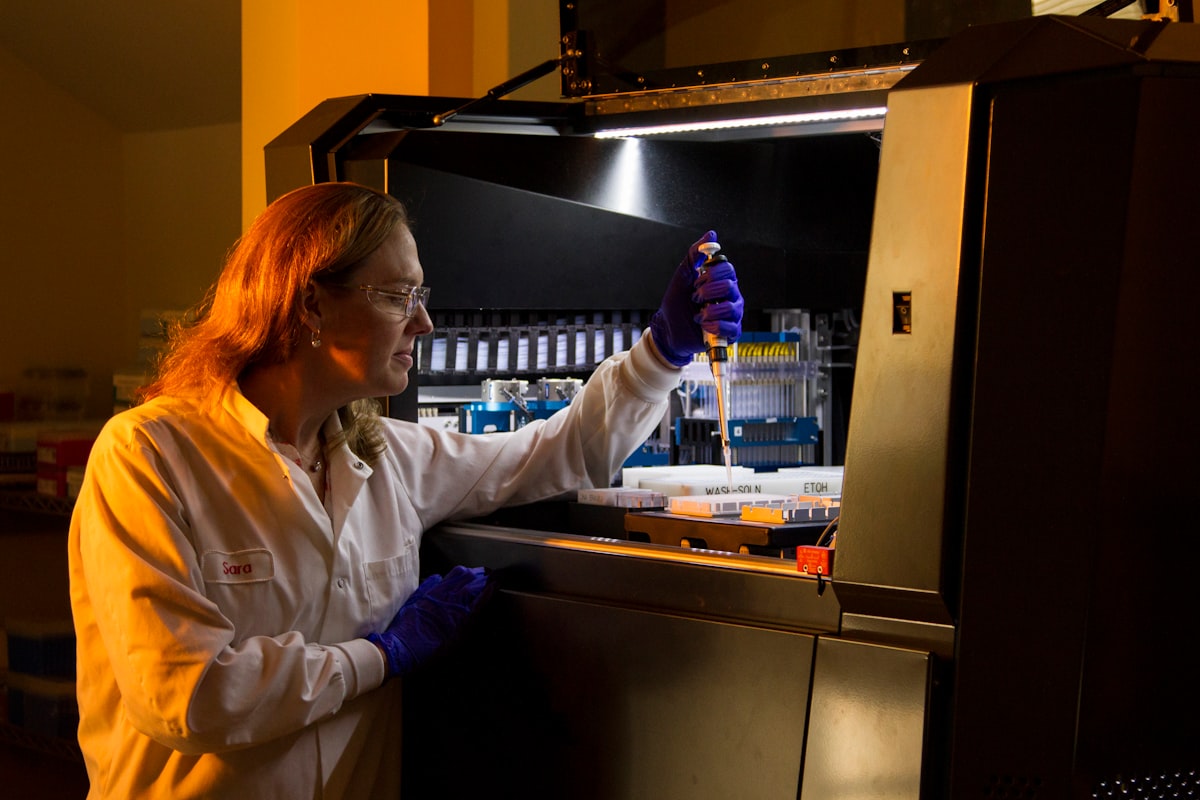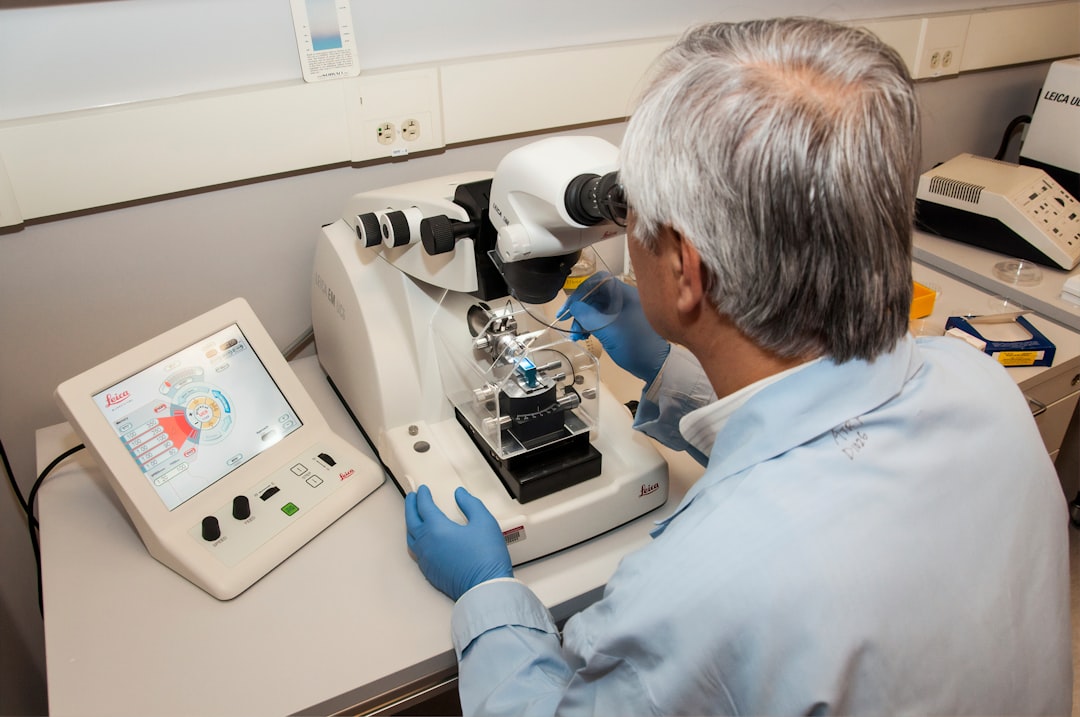Biotechnology, a field that blends biology and technology, has witnessed remarkable advancements over the past few decades. It has revolutionized healthcare, agriculture, and environmental science. In this article, we will explore the predictions for the future of biotech and how it will shape our world.
The Current State of Biotechnology
Biotech has come a long way, from the discovery of DNA’s structure to the mapping of the human genome. Currently, we are at the cusp of a new era in biotech, with unprecedented opportunities and challenges.
Advancements in Genetic Engineering
Genetic engineering is a cornerstone of biotech. With CRISPR-Cas9 technology, we can edit genes with unparalleled precision. This paves the way for gene therapy, where we can cure genetic diseases at their root.
Emerging Therapeutic Innovations
In the future, biotech promises innovative therapies like regenerative medicine, stem cell treatments, and immunotherapy. These groundbreaking approaches may revolutionize how we combat diseases like cancer.
Artificial Intelligence in Drug Discovery
Machine learning and AI will play a vital role in accelerating drug discovery. By analyzing massive datasets, AI can predict potential drug candidates and significantly reduce the time and cost of bringing new drugs to market.
Bioinformatics and Big Data
Biotech will rely heavily on bioinformatics to handle vast amounts of biological data. Predictive algorithms and data analysis will enable us to better understand complex biological systems.
Precision Medicine and Personalized Therapies
One-size-fits-all medical treatments will become a thing of the past. Biotech will usher in an era of personalized medicine, tailoring treatments to an individual’s genetic makeup.
Biotech and Agriculture
Biotech isn’t limited to medicine. It will also transform agriculture through genetically modified crops that are more resilient, nutritious, and sustainable.
Ethical Concerns and Regulatory Challenges
With great power comes great responsibility. The biotech industry will need to address ethical concerns surrounding gene editing and data privacy while navigating complex regulatory frameworks.
Biohacking and DIY Biology
The rise of biohackers and DIY biologists will democratize biotech, allowing individuals to experiment with genetic engineering and contribute to scientific advancements.
Future Trends in Biotech
Anticipate trends like organ printing, microbiome research, and synthetic biology to gain momentum, opening new frontiers in biotechnology.
Impact of Biotech on Healthcare
Biotech’s influence on healthcare will be profound, with more effective treatments, earlier disease detection, and improved overall well-being.
Environmental Applications of Biotech
Biotechnology can also help combat environmental challenges, such as pollution and climate change, by offering innovative solutions like bioremediation and biofuels.
The Role of Nanotechnology
Nanotechnology, combined with biotech, will enable the development of miniature diagnostic tools and drug delivery systems, enhancing healthcare outcomes.
Conclusion
The future of biotech is brimming with possibilities. From healthcare to agriculture and beyond, biotechnology is set to reshape our world, promising a brighter and healthier future.
FAQs (Frequently Asked Questions)
- Q. What is biotechnology? A. Biotechnology is a multidisciplinary field that uses biological systems and living organisms to develop products and technologies for various applications.
- Q. How does genetic engineering work? A. Genetic engineering involves the deliberate modification of an organism’s genetic material, often to achieve specific desired traits or outcomes.
- Q, What are the ethical concerns in biotech? A. Ethical concerns in biotech revolve around issues like genetic manipulation, data privacy, and the responsible use of biotechnological advancements.
- Q. How can personalized medicine benefit patients? A. Personalized medicine tailors medical treatments to an individual’s genetic makeup, increasing treatment effectiveness and reducing side effects.
- Q. What role does nanotechnology play in biotech? A. Nanotechnology enables the development of tiny diagnostic tools and drug delivery systems, advancing biotech’s impact on healthcare.






